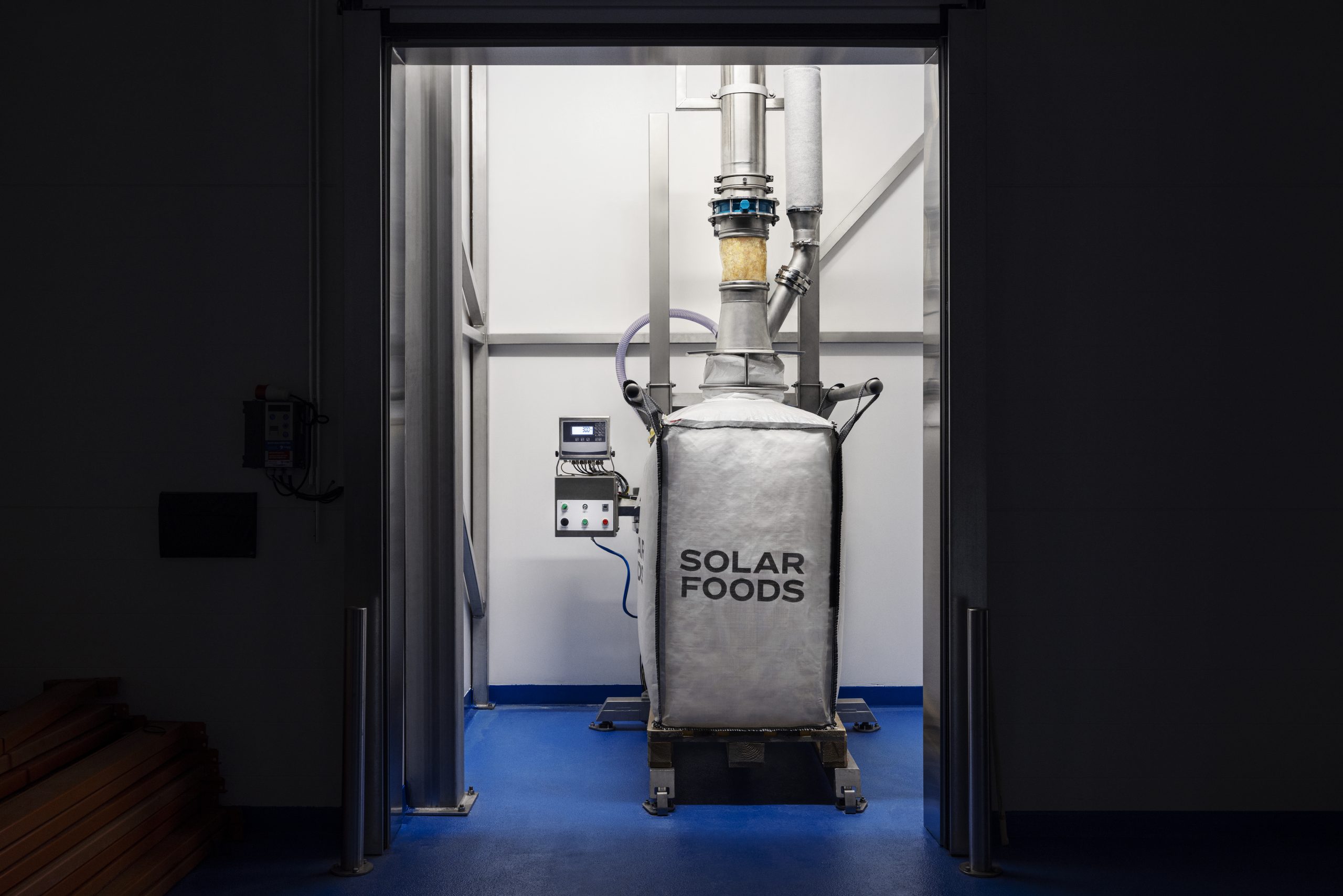Air conditioners consume a great amount of electricity, making them both a financial and an environmental burden. The good thing is scientists are increasingly coming up with innovative ways to slash down our over-reliance on these cooling machines. For instance, just this week we wrote about a highly reflexive white paint that buildings can lather on in order to bounce hot sun rays and avoid absorbing heat. This time we present to you a a team of researchers who have managed to develop a ‘smart’ window that can quickly turn from clear to dark thanks to layers of nickel oxide, lithium ions, and electrolytes. By applying a current to the layers in the glass, a chemical reaction causes the window to become opaque. Windows made according to this formula can switch states quickly, blocking 94 percent of light within 60 seconds. If scaled up, the new technology could significantly reduce the need for air conditioning in buildings and vehicles, benefiting both the environment and our wallets.
‘Smart’ windows could significantly reduce our reliance on air conditioners
More of Today's Solutions
The case for taxing big fossil fuel firms: a solution for funding climate res...
A fresh report argues that imposing a tax on fossil fuel firms operating in the wealthiest countries may dramatically boost climate finance, delivering much-needed ...
Read MoreNavigating digital dating and modern relationships
Digital dating has changed the way we connect, creating a new vocabulary of phrases such as ghosting, orbiting, and breadcrumbing. While these activities may ...
Read MoreThese companies will cover employees’ legal abortion travel costs
Following the monumental overturning of Roe V. Wade by the US Supreme Court, residents of many states are facing the reality that they won’t ...
Read MoreHow to host a more sustainable super bowl party
This year, the Arizona Super Bowl Host Committee in collaboration with NFL Green is working together to make this year’s Super Bowl as sustainable ...
Read More










